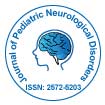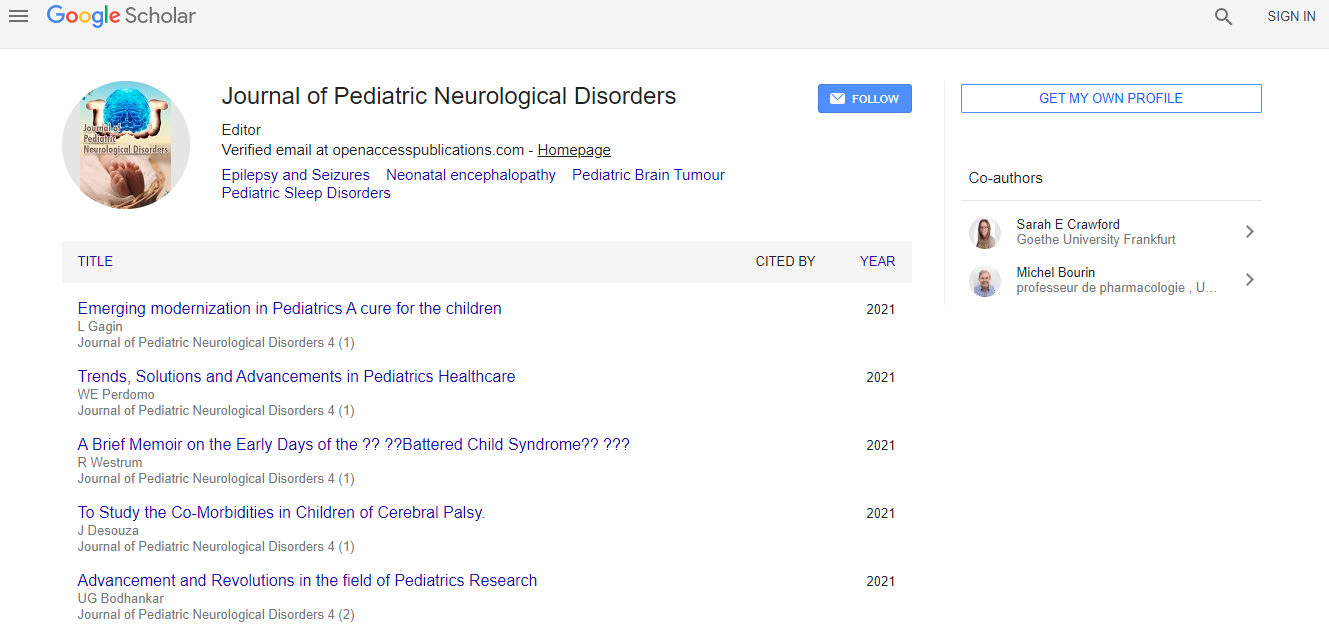Research Article
Low-frequent Repetitive Transcranial Magnetic Stimulation (rTMS) in Adolescents with Tourette Syndrome
Khalifa N1* and Edebol Eeg-Olofsson K2
1Institution of Neuroscience, Department of Child and Adolescent Psychiatry, Uppsala University, Uppsala, Sweden, Centre for Research and Development (CFUG), Uppsala University, County Council of Gävleborg, Gävle, Sweden
2Institution of Neuroscience, Department of Clinical Neurophysiology, Uppsala University, Uppsala, Sweden
- *Corresponding Author:
- Khalifa N
Institution of Neuroscience
Department of Child and Adolescent Psychiatry
Uppsala University,Uppsala, Sweden
Centre for Research and Development (CFUG)
Uppsala University, County Council of Gavleborg
Gävle, Sweden
Tel: 0046736637601
E-mail: najah.khalifa@neuro.uu.se
Received Date: April 19, 2017; Accepted Date: May 18, 2017; Published Date: May 24, 2017
Citation: Khalifa N and Edebol Eeg-Olofsson K (2017) Low-frequent Repetitive Transcranial Magnetic Stimulation (rTMS) in Adolescents with Tourette Syndrome. J Pediatr Neurol Disord 3: 113. doi:10.4172/2572-5203.1000113
Copyright: © 2017 Khalifa N. This is an open-access article distributed under the terms of the Creative Commons Attribution License, which permits unrestricted use, distribution, and reproduction in any medium, provided the original author and source are credited.
Abstract
Objective: The pathophysiology of Tourette syndrome (TS), a chronic motor and vocal tic disorder remains unknown, however abnormalities in basal ganglia-thalamo-cortical circuits presumably play an important role. Repetitive transcranial magnetic stimulation (rTMS), a non-invasive method for modulation of cortical activity, has been applied in different ways in patients with TS. Methods: Open-label pilot study of active rTMS. Four adolescents with TS participated in the pilot study, two females and two males. The patients fulfilled DSM IV criteria for TS, and had tried psychological and/or pharmacological therapy without effects on symptoms. The rTMS treatment consisted of 10 treatment sessions Monday to Friday during a two-week period. Follow-up was done one, three and six months after finishing the treatment with rTMS. Results: There was clinically significant improvement in TS symptoms with benefits lasting up to 6 months in two of the patients. In addition, improvement in ADHD was seen in one patient, and improvement in OCD symptoms in another. There were no side effects. Conclusions: Low-frequency rTMS may be effective in children with TS. Further studies using rTMS in TS are warranted. Careful consideration of target regions and stimulation parameters, longer follow-up, and use of a double-blind, sham-controlled design may allow us to draw founded conclusions in the future.

 Spanish
Spanish  Chinese
Chinese  Russian
Russian  German
German  French
French  Japanese
Japanese  Portuguese
Portuguese  Hindi
Hindi 